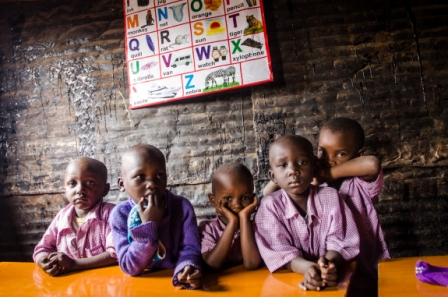
The Kenya Essential Education Program Management Team (KMT) is managing a three-year Department for International Development (DFID)-funded project that attempts to mitigate the challenges experienced by Complementary Schools (CS) among them low school attendance, retention, equity, and accountability. […]
Read More…
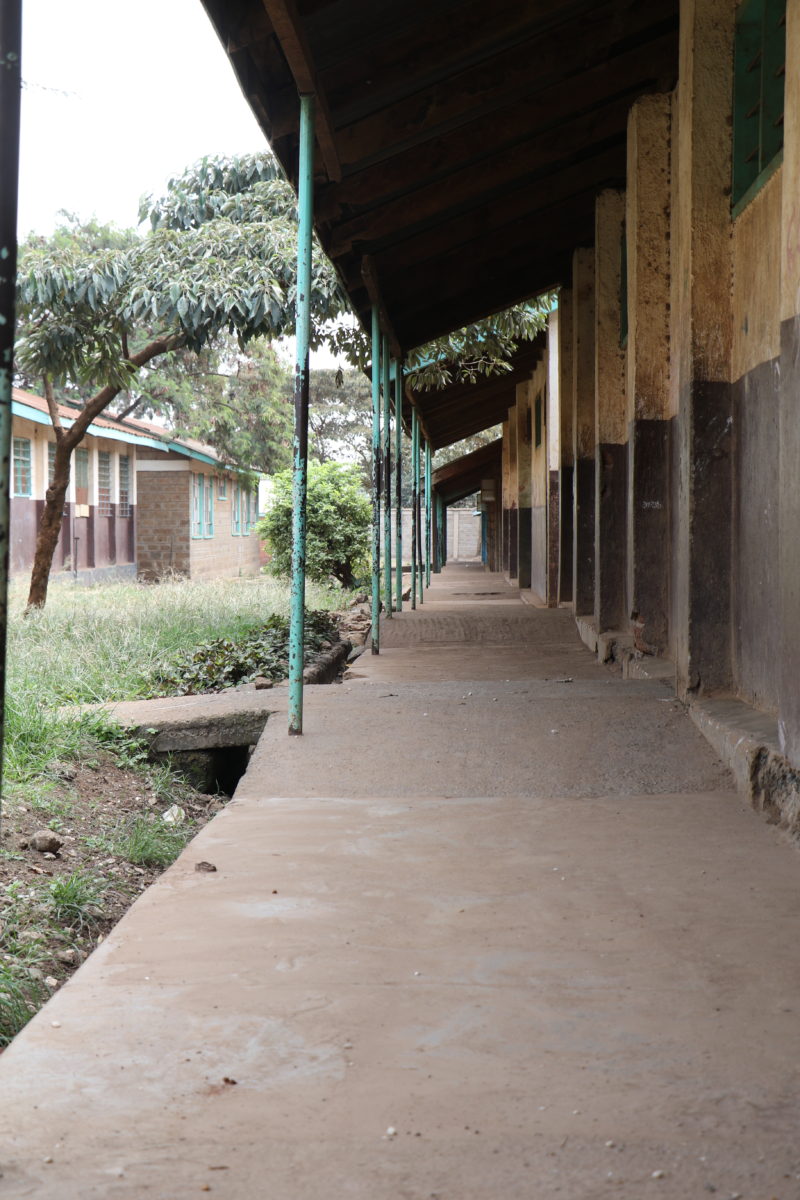
The Urban Education project seeks to improve the quality of education for children living in urban informal settlements in East Africa. through the creation of a strong voice among urban education actors. […]
Read More…
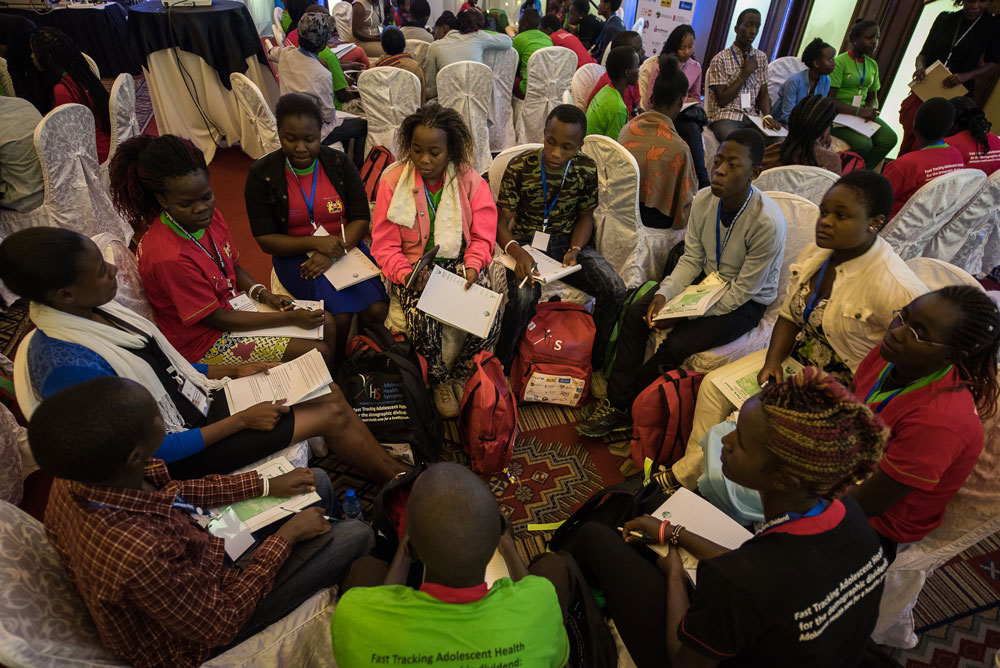
The first 1000 days of life are a critical period to supporting optimal growth and development as children are particularly sensitive to early experiences. One of these early experiences, parenting behaviour, should ideally be typified by the universal components of sensitivity and responsivity. […]
Read More…
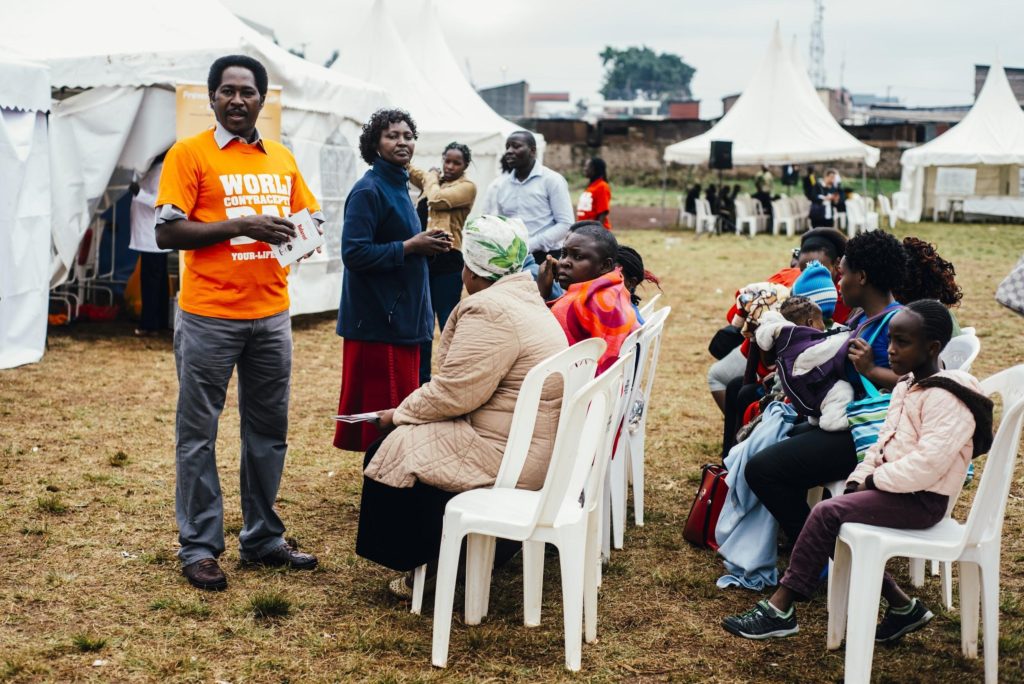
Ethiopia is one of sub-Saharan Africa’s most populous countries, with growth rates showing no sign of slowing. The country is […]
Read More…
After-school support programs are a vehicle through which life skills can be transferred to learners, according to evidence generated by the African Population and Health Research Center (APHRC) through a series of community-based interventions. These programs have contributed to improvements in academic achievement, improved educational aspirations, greater interest in schooling, enhanced resistance to negative peer pressure, and increased parental involvement. […]
Read More…
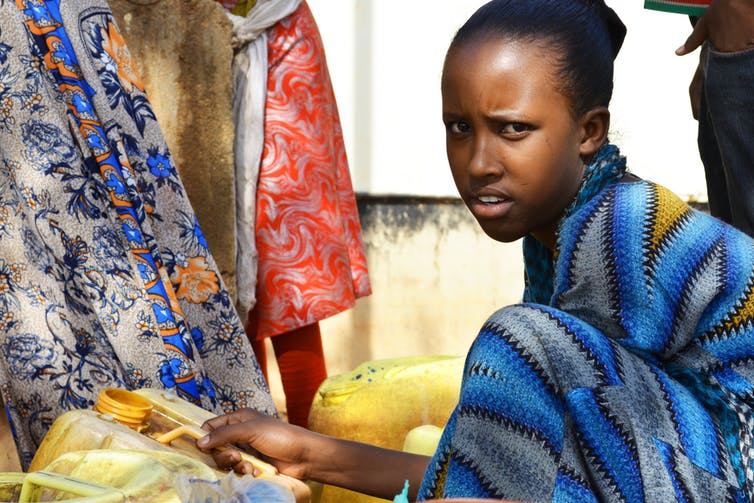
Girls in Kenya face a range of challenges. Shutterstock/Adriana Mahdalova Karen Austrian, Population Council Adolescent girls in Kenya face a […]
Read More…
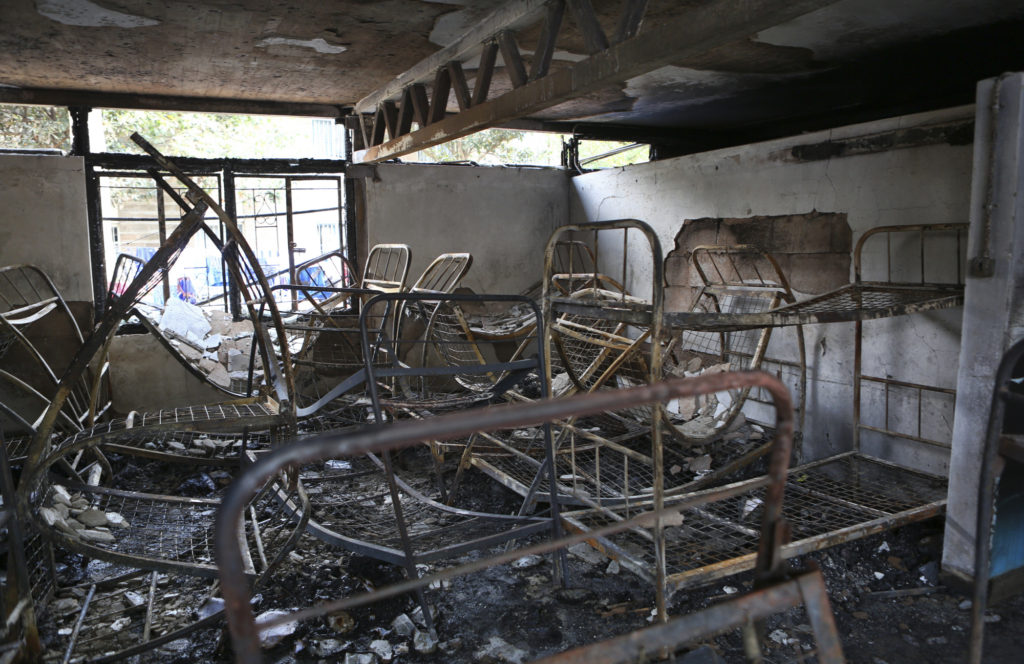
Strikes, political demonstrations, and industrial actions by workers are not a foreign phenomenon in Kenya. […]
Read More…
Ce rapport synthétise les résultats d’enquêtes démographiques et sanitaires (EDS) et les données d’autres sources, portant sur plusieurs aspects importants− socioéconomiques, éducatifs, sanitaires et démographiques− de la situation des jeunes d’Afrique occidentale et centrale, au moment où la région s’apprête à bénéficier d’un premier dividende démographique. […]
Read More…
School-based comprehensive sexuality education (CSE) can help adolescents achieve their full potential and realize their sexual and reproductive health and rights. This is particularly pressing in low- and middle-income countries (LMICs), where high rates of unintended pregnancy and STIs among adolescents can limit countries’ ability to capitalize on the demographic dividend. While many LMICs have developed CSE curricula, their full implementation is often hindered by challenges around program planning and roll-out at the national and local level. A better understanding of these barriers, and similarities and differences across countries, can help devise strategies to improve implementation; yet few studies have examined these barriers. This paper analyzes the challenges to the implementation of national CSE curricula in four LMICs: Ghana, Kenya, Peru and Guatemala. It presents qualitative findings from in-depth interviews with central and local government officials, civil society representatives, and community level stakeholders ranging from religious leaders to youth representatives. […]
Read More…
This report summarizes the evaluation of an intervention project that developed and tested a decision support mobile health (mHealth) application. The application was developed as an integrated data capture tool running as a mobile application with selected reporting forms for community health volunteers (CHVs) in Kenya and connected to health facilities. The system is an attempt to improve CHV decision-making and referral mechanisms for mothers and newborns. Following a year of implementation, we explored the experiences of CHVs, health workers and members of sub-county health management teams (SCHMT) with respect to improving maternal and newborn health (MNH) outcomes in the urban slums of Kamukunji sub-county in Nairobi, Kenya.
Recommended citation:
Pauline Bakibinga, Eva Kamande, Lyagamula Kisia and Milka Omuya. 2018. Report of the 2017
End-line Survey for the Community Health Volunteers’ Decision Support System Project;. African
Population and Health Research Center (APHRC); Nairobi: APHRC. […]
Read More…
By 2025, West and Central Africa (WCA) will not only have the largest number of young people globally but will also be the only region of the world where the population of young people will continue to grow. Protecting the lives and ensuring the well-being of these young people is a precondition for development and progress in the sub-region.
This fact sheet presents evidence on the situation of young people in WCA. It specifically addresses the health, economic, educational, demographic, and other conditions related to young people in the sub-region, and highlights essential evidence in the drive towards the region’s first demographic dividend and much-vaunted vision of shared prosperity for all its citizens. […]
Read More…
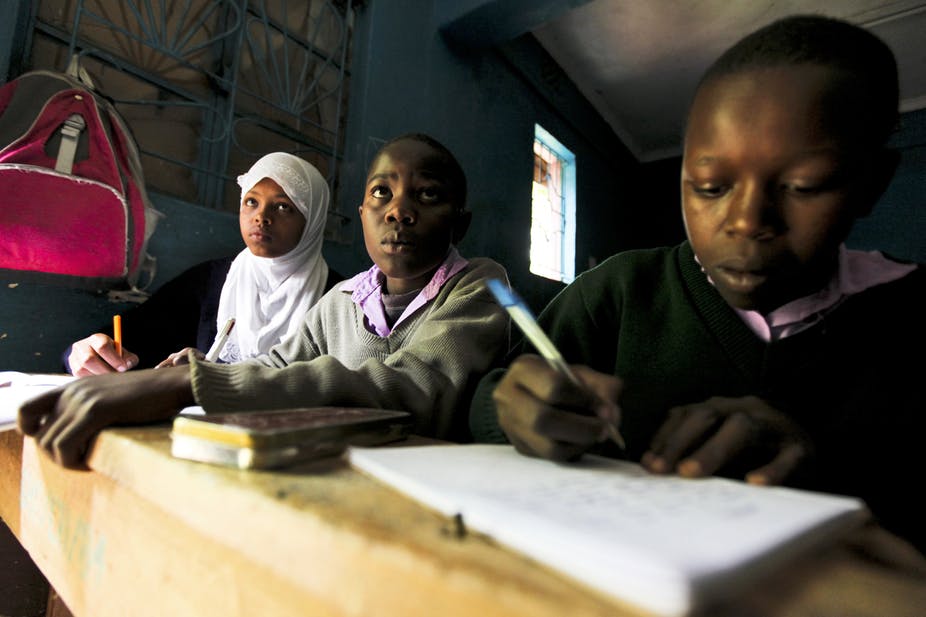
Via The Conversation Students in a Nairobi slum school. There are more than monetary barriers for parents from poor neighbourhoods. […]
Read More…
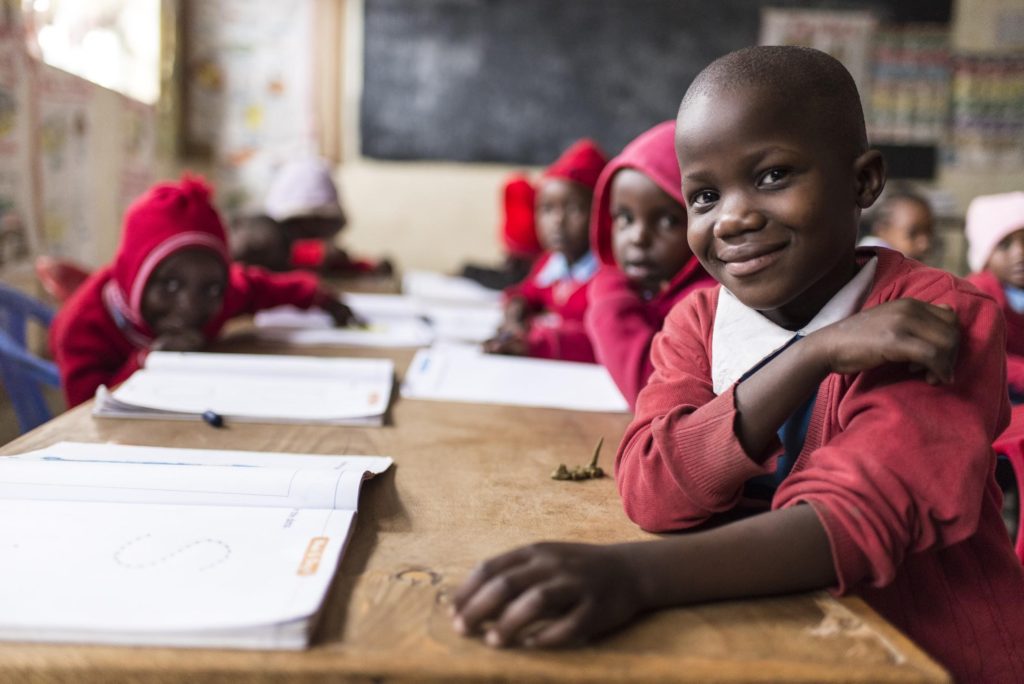
“Any book that helps a child to form a habit of reading, to make reading one of his needs, is […]
Read More…
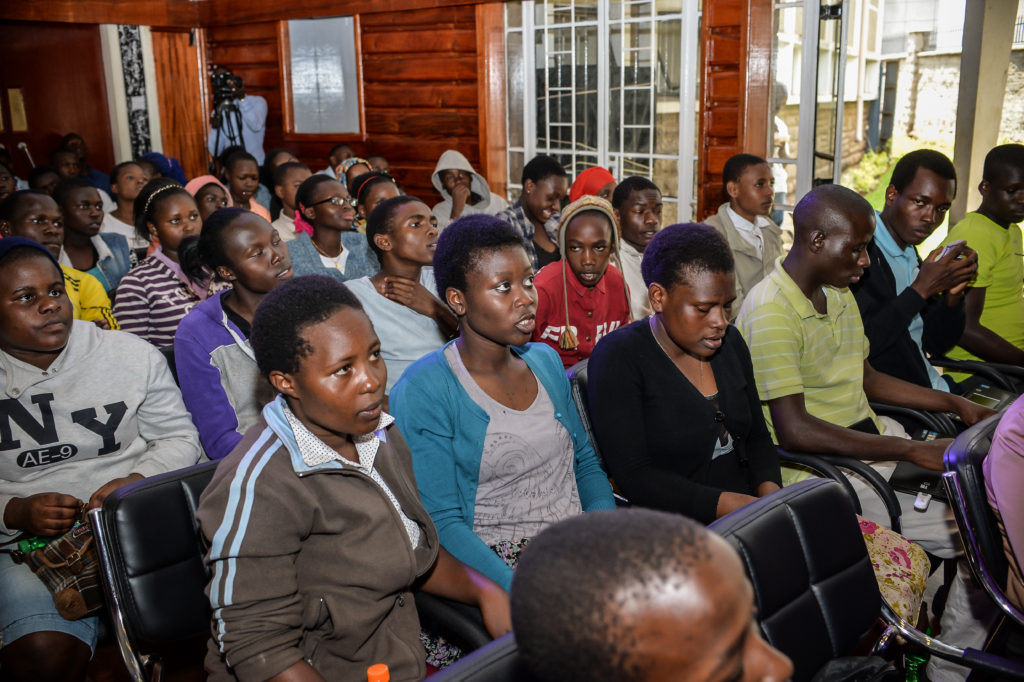
“We are pleased to inform you that your abstract was accepted as a Comms Talk Presentation for the 2018 International Social and […]
Read More…
With hundreds of primary schools to choose from, young adolescent girls in Nairobi’s urban informal settlements commonly transfer schools. We qualitatively investigate the causes and quantitatively investigate the consequences of such mobility. Key reasons for transferring schools include difficulty in paying fees and anticipated net benefits from a different school. Transferring during lower primary leads to a poorer resourced school, while transferring during upper primary a higher resourced school. Correspondingly, transfers during lower primary are associated with falling behind, while in upper primary with getting ahead, as well as with improved basic reading and math test scores. […]
Read More…
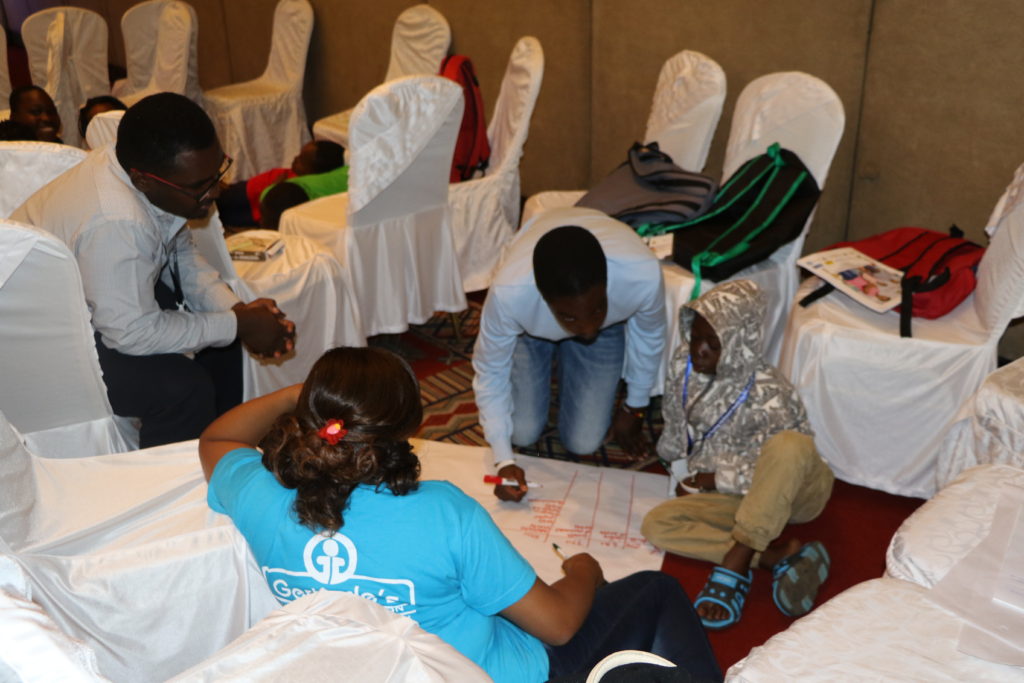
Adolescent health and education comprise an important cross-section of APHRC’s research and policy work, particularly in Kenya. Researchers and policy […]
Read More…
The African Population and Health Research Center (APHRC) in conjunction with the Guttmacher Institute conducted a study on sexuality education conducted in 78 secondary schools in Kenya. At a time when the Kenyan curriculum is under review by the Kenya Institute of Curriculum Development, this study provides evidence and an opportunity for policymakers and decision makers to explore how best to improve the comprehensiveness of existing curricula, in order to better equip adolescents with the information and skills they need to achieve healthy sexual and reproductive lives, prevent sexual violence and avoid negative health outcomes. […]
Read More…
Violence victimization is a key threat to adolescents’ well-being in urban slums in sub-Saharan Africa. We examined the association between violence victimization and aspiration–expectations disjunction using cross-sectional data from 2360 girls aged 11–15 years in a slum settlement in Nairobi, Kenya. We conducted bivariate and multivariate analyses to assess the association between violence victimization and aspirations–expectations disjunction, a measure of the difference between aspirations and expectations for achieving them.
One-third of girls had experienced at least one form of violence. At bivariate and multivariate level, violence victimization was significantly associated with higher aspirations–expectations disjunction but not with aspirations, suggesting that girls who had experienced violence had lower expectations for achieving aspirations. Results imply that girls who experience violence may lose hope in their future. Interventions to screen girls for violence victimization and enable positive coping may be critical. […]
Read More…